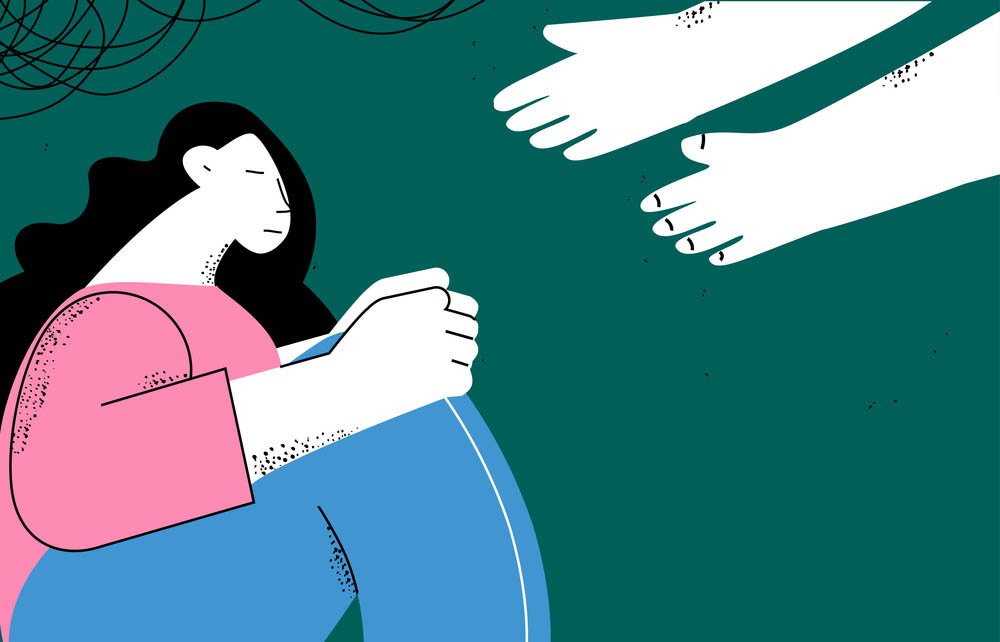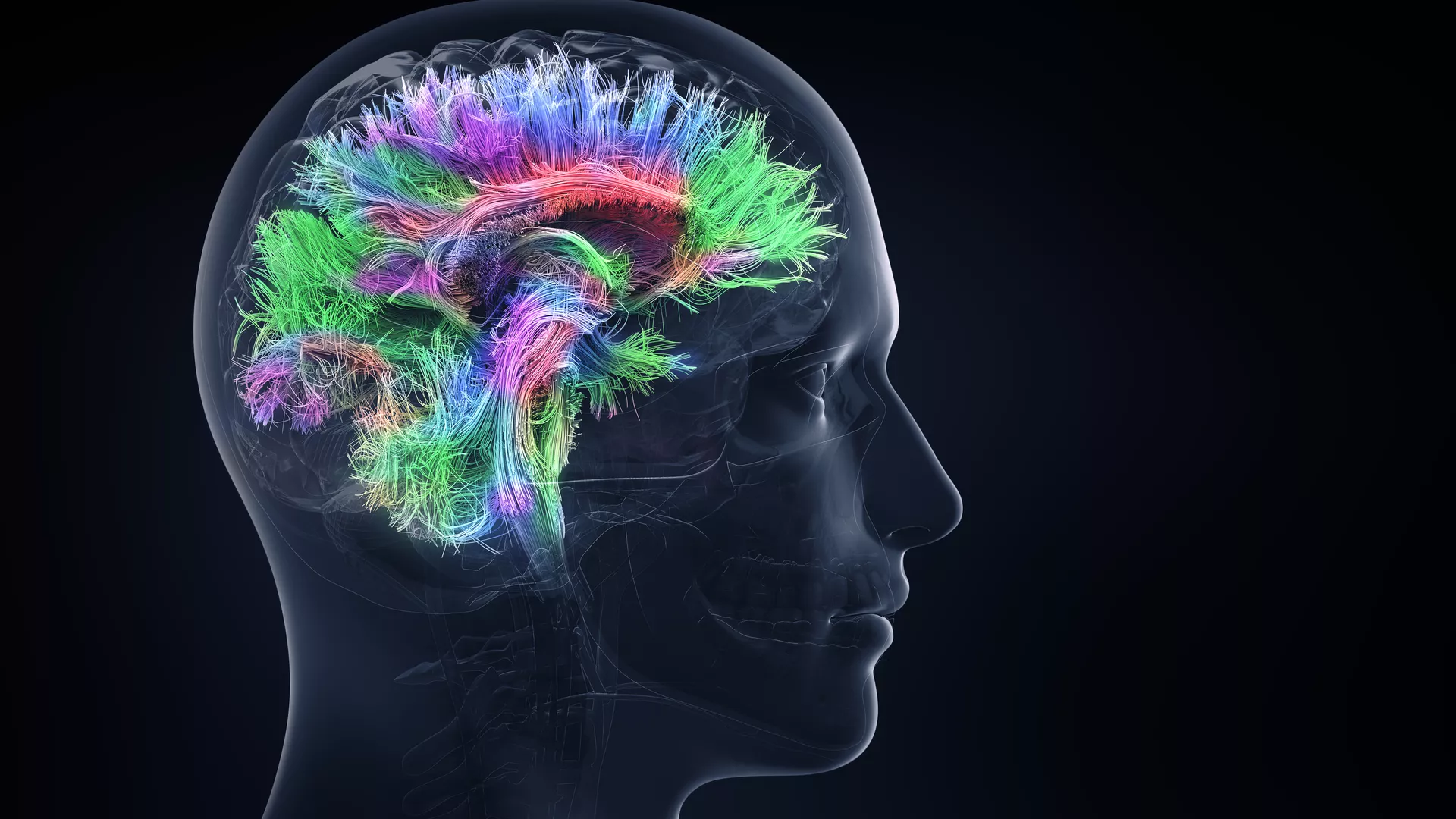The understanding of depression has shifted significantly over the years, with many still believing it is a biological illness similar to physical diseases. This perspective posits that depression arises from genetic or physiological factors, leading to the widespread use of antidepressant medications based on the theory of a chemical imbalance in the brain. However, a growing body of evidence suggests that this perspective may be flawed and that depression is primarily a psychological condition that responds better to behavioral therapies.
Historically, the National Institute of Mental Health (NIMH) viewed depression as a psychological issue rather than a biological one. For much of the 20th century, depression was considered a rare disorder with a favorable prognosis, often resolving without medical intervention. Dean Schuyler, who led NIMH’s Depression Section, noted that most depressive episodes would conclude with near-complete recovery without specific medical treatment.
The perception of depression as a biological disorder began to gain traction in the 1980s, particularly after the release of the DSM-III, which introduced the chemical imbalance theory. This marked a shift towards medical treatment, with antidepressants becoming the primary mode of therapy. Since then, the number of individuals diagnosed with depression has skyrocketed, particularly among women, with tens of millions now taking these medications daily. However, this increase has also been accompanied by poorer treatment outcomes, including frequent relapses.
Despite substantial investment—over fifty years and billions of dollars—research has not conclusively demonstrated a genetic or physiological basis for depression. While some mental disorders like Down syndrome or dementia have identifiable biological origins, the majority, including depression, have not been proven to stem from biological causes. A group of psychiatrists attempted to establish a biological basis for mental disorders with the DSM-5, but their efforts failed to yield any significant findings distinguishing one disorder from another on a physiological or genetic level.
Research on antidepressants, particularly selective serotonin reuptake inhibitors (SSRIs), has also raised questions about their effectiveness. Initial studies, including NIMH’s STAR*D study involving over 4,000 patients, showed modest short-term results, with only 30-35% of subjects experiencing remission. Long-term outcomes were even less favorable, with a mere 3% remission rate after twelve months of treatment. Furthermore, many studies indicate that patients receiving placebo treatments often fare better than those on medication, challenging the effectiveness of antidepressants.
Prominent psychologist Irving Kirsch analyzed data from the FDA and found that SSRIs primarily produce a placebo effect rather than a measurable drug effect. Similar findings from research in other countries support this conclusion, suggesting that patients treated with SSRIs do not achieve better outcomes than those treated with placebo or no medication at all.
The belief that depression is caused by a chemical imbalance has been widely debunked. Research conducted by UK psychiatrist Joanna Moncrieff utilized various methods to investigate this theory and found no supporting evidence for the chemical imbalance hypothesis. Instead, the prevailing evidence indicates that depression is largely a learned behavior influenced by environmental factors rather than a fixed biological condition.
In the past, psychological explanations for depression included psychoanalysis and behavioral psychology. Psychoanalysis attributed depression to unconscious conflicts stemming from childhood experiences, while behavioral psychology focused on learning processes. Historically, patients diagnosed with depression were treated with relaxation and exercise, leading to favorable outcomes compared to the current medicalized approach.
Today, many individuals with depression receive a diagnosis that may not accurately reflect their experiences. They are often prescribed medications that do not address the underlying psychological issues, leading to a cycle of dependency and worsening symptoms.
Psychological theories provide a more accurate framework for understanding and treating depression. They emphasize that behaviors can be learned and unlearned through therapeutic techniques. By focusing on behavioral therapy, individuals can develop healthier coping strategies and address the root causes of their depression without relying solely on medications.
In summary, the narrative that depression is primarily a biological illness requiring medication is increasingly questioned. Research indicates that treating depression through psychological means may yield better outcomes than the current reliance on antidepressants. As understanding of human behavior evolves, mental health treatment should pivot toward evidence-based psychological therapies that address the complexities of depression.



